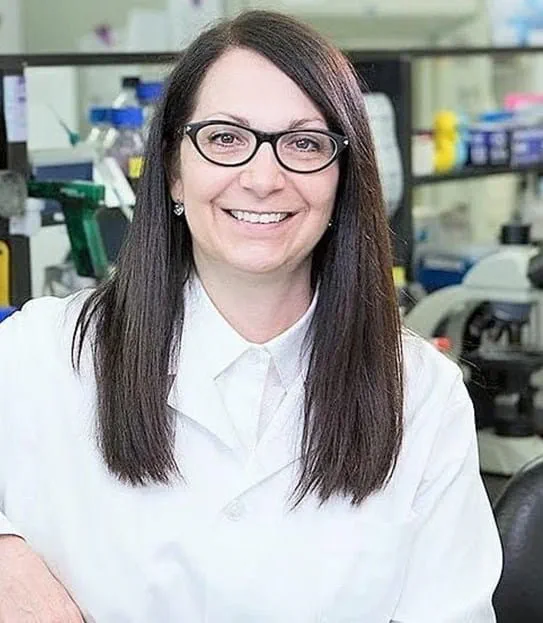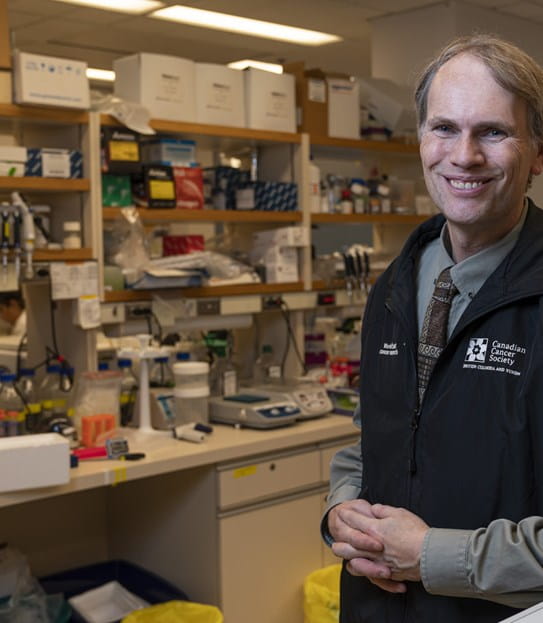
about us
News
Read the Canadian Cancer Society’s latest updates.
Our latest news

Easing the financial burden of cancer
March 26, 2024

Announcing our new research grants!
March 26, 2024

This Daffodil Month, help hope bloom
March 26, 2024

Allen Goudie's story
March 5, 2024

Improving prostate cancer care for Black men
February 28, 2024

Personalizing treatment for childhood brain tumours
February 28, 2024

Using AI to detect lung cancer earlier
February 28, 2024

Earlier breast cancer detection for Black women
February 27, 2024

Transforming the future of cancer with AI-assisted research
December 15, 2023

Innovating to change the future of cancer
December 1, 2023

New report released by the Canadian Cancer Society reveals lung cancer death rates declining faster than any other cancer type in Canada
November 30, 2023

Chef Craig Wong’s Caribbean curried sweet potato and lentil soup
November 30, 2023

Cancer never takes a holiday
November 30, 2023

New Canadian Cancer Society report shows cracks in hospice palliative care
November 30, 2023

A network of expertise will develop AI know-how in cancer care in Quebec
November 16, 2023

Improving survival for people with pancreatic cancer
September 29, 2023

Saving lives with an innovative sarcoma test
September 28, 2023

Awards for Excellence in Cancer Research: meet the winners
September 13, 2023
